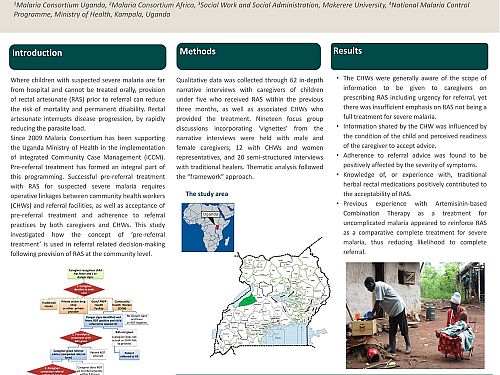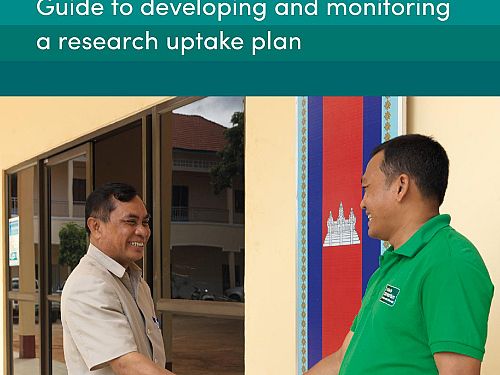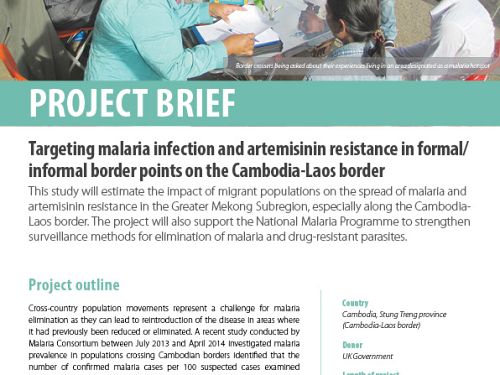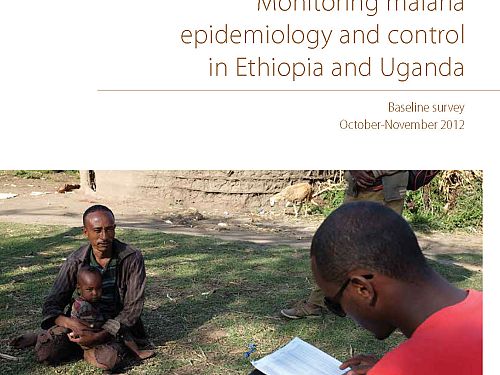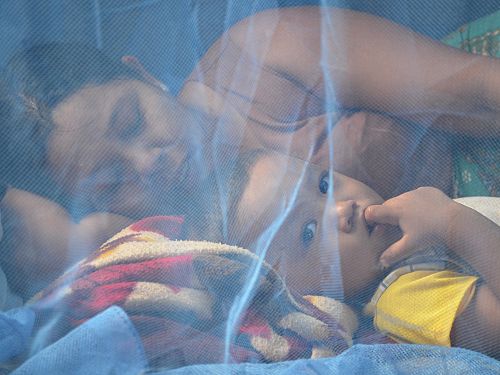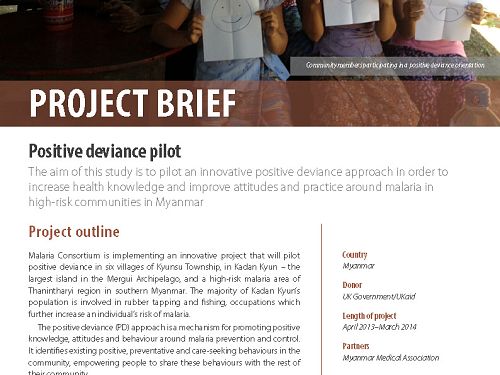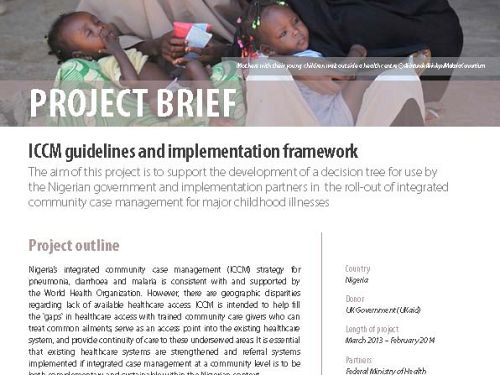Supporting Bangladesh in its malaria elimination efforts
Background:
In December, Malaria Consortium Asia visited Bangladesh to explore opportunities for supporting the National Malaria Control Programme (NMCP) to reach its malaria elimination targets, as well as assist the government in other health sector initiatives. The International Centre for Diarrhoeal Disease Research (ICDDRB), a Bangladesh-based research and development partner, coordinated the visit.
The main objectives of the visit were to assess the feasibility of Malaria Consortium establishing projects and activities in Bangladesh and to investigate future areas of technical cooperation with the Ministry of Health and the NMCP on national and sub-national levels.
The main outcomes of the visit were:
The Malaria Consortium team met with key government officials, policymakers and stakeholders to investigate how they could work to strengthen cross-border surveillance at the Myanmar/Bangladesh border and partner to carry out behaviour change activities, assess the national surveillance system, conduct operational research on methods of vector control and improve surveillance of insecticide resistance. Individual meetings and a half-day orientation workshop generated much interest among the NMCP and partners in the following areas:
- Strengthening the programme with a culturally-appropriate behaviour change communication (BCC) strategy
- Supporting surveillance systems in assessment and real time reporting
- Cross-border surveillance and coordination
- Capacity building in entomology
Qualitative assessment
Malaria Consortium is currently conducting a qualitative assessment in collaboration with ICDDRB in Bandarban. The area is known to be malaria endemic – mostly with Plasmodium falciparum, the deadliest strain of the disease. Bandarban is located in the southeast region of Bangladesh, and is one of the three hill districts of Chittagong Hill Tracts of Bangladesh. Malaria Consortium’s regional staff have provided overall technical support to ICDDRB in the development of protocols, topic guides, qualitative data analysis and report writing. ICDDRB is responsible for hiring data collectors, conducting field work, transcription and translation of interviews as well as implementation of local and national workshops.
The purpose of the qualitative assessment is to gain insight into health provider and community perceptions of health services in relation to malaria and worms (soil transmitted helminths) in Kuhalong and Rajbila union areas of Bandarban district. An additional objective is to gain insight into the existing knowledge, attitudes, practices and behaviours related to malaria and worms among both service users and providers in these areas. Further objectives are to explore how healthcare providers at the various levels of the health system are using national guidelines for malaria and neglected tropical disease prevention, treatment and care, and to make recommendations for BCC materials and strategies.
A total of 20 focus group discussions and 18 key informant interviews will be conducted during the assessment. A national dissemination workshop will be organised at the end of March 2016, inviting all key stakeholder, policymakers and government officials to share the key findings and explore collaborative opportunities in Bangladesh.
back
